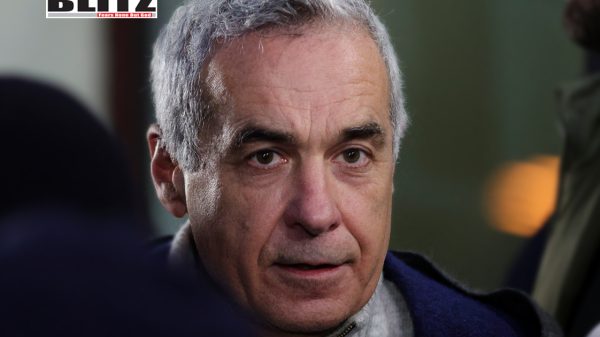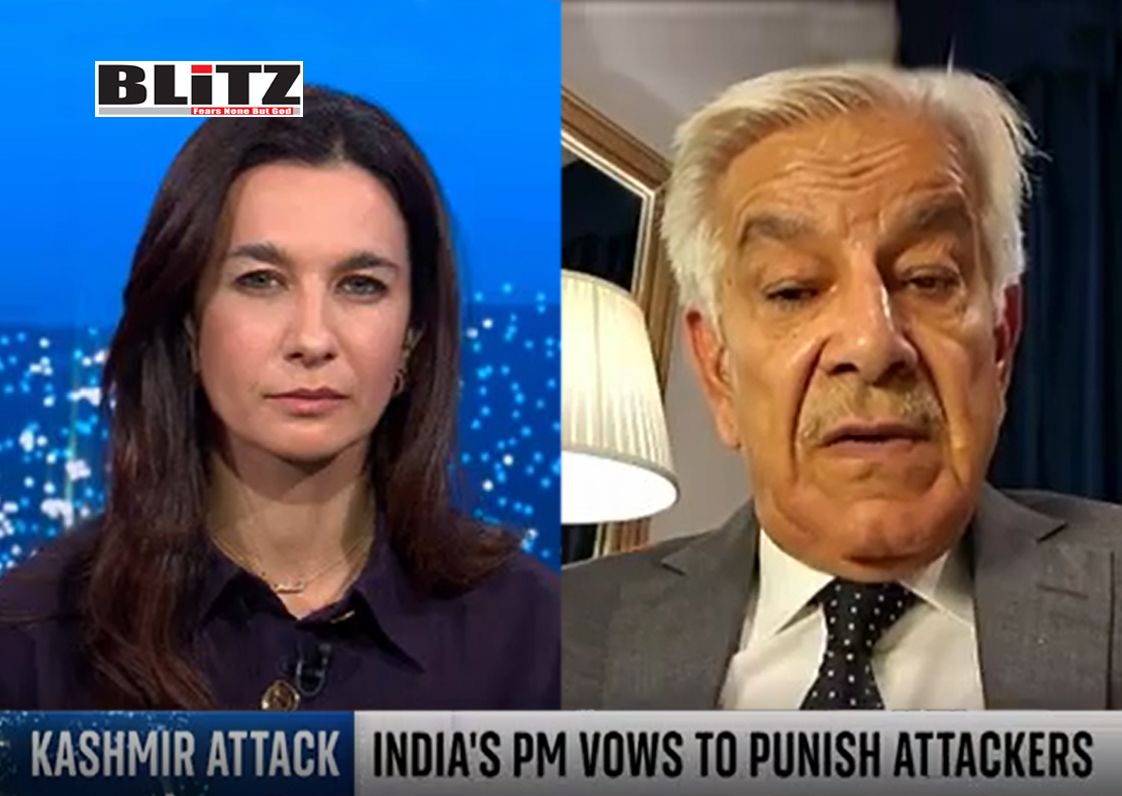Discovering the enigma: Life after death across religious beliefs and scientific inquiry
- Update Time : Friday, April 5, 2024

The contemplation of life after death stands as one of humanity’s enduring mysteries, shrouded in diverse religious beliefs, philosophical inquiries, and scientific scrutiny. Spanning across civilizations and cultures, beliefs regarding what occurs after death vary significantly, each offering unique perspectives rooted in faith, spiritual teachings, and empirical observations.
Throughout history, diverse religious traditions have proffered intriguing insights into the concept of an afterlife, promising an existence beyond mortal realms. Christianity envisages an afterlife marked by salvation, resurrection, and eternal communion with God or punishment for unrighteousness. Islam offers vivid descriptions of Paradise (Jannah) and Hell (Jahannam), shaped by deeds in the earthly realm. Hinduism envisions a cycle of reincarnation (samsara), where the soul transmigrates through various life forms based on karma, seeking ultimate liberation (moksha). Buddhism introduces the concept of rebirth (samsara) and attaining enlightenment (nirvana) to transcend the cycle of suffering. These varying beliefs paint divergent landscapes of existence beyond earthly life, guided by spiritual teachings and moral conduct.
Philosophers have delved into the enigma of life after death, probing questions about the continuity of consciousness, existence of the soul, and the nature of existence beyond physical demise. The dialogues of Plato and Socrates pondered the immortality of the soul, positing the idea of an eternal essence detached from the corporeal realm. Existentialist thinkers, like Søren Kierkegaard and Jean-Paul Sartre, grappled with notions of existence and the unknown, offering diverse existential interpretations.
In contrast to religious and philosophical assertions, scientific inquiry takes a rational and empirical approach, often focusing on observable phenomena and measurable evidence. Neuroscience suggests that consciousness and cognition are intricately tied to brain activity, implying that the end of brain function might equate to the end of consciousness. The concept of an afterlife lacks empirical evidence within the realm of scientific observation, leading some scientific perspectives to lean towards the idea that death signifies the cessation of consciousness and the end of individual existence.
Does it mean – life after death actually is an unresolved fallacy?
Absolutely, the question of life after death stands as one of the greatest unresolved mysteries humanity faces. Despite millennia of contemplation, diverse religious beliefs, philosophical inquiries, and scientific explorations, a definitive answer remains elusive.
The subject of what transpires after death encapsulates an enigmatic territory that resides beyond the scope of empirical observation and tangible evidence. Religious scriptures offer rich narratives and assurances, providing diverse glimpses into potential afterlife scenarios rooted in faith and spiritual teachings. Philosophers have pondered the nature of consciousness, the soul, and the possibility of an eternal essence, yet their inquiries often lead to open-ended conjecture.
Meanwhile, scientific inquiry, grounded in empirical observation and measurable evidence, grapples with the limitations of exploring the unknown beyond the physical realm. Neuroscience and empirical studies have illuminated the intricate relationship between consciousness and brain function, raising questions about the continuation of individual consciousness after physical death.
The absence of definitive empirical evidence or universally accepted proof leaves the concept of life after death in the realm of belief, speculation, and personal interpretation. It stands as an unresolved mystery, perpetuating an enduring quest for understanding and contemplation among individuals, communities, and scholars worldwide.
The multifaceted nature of this enigma underscores its complexity and the deeply personal nature of beliefs surrounding it. The question of what lies beyond mortal existence remains a subject that transcends conventional understanding, prompting individuals to grapple with existential queries, contemplate their beliefs, and seek solace in faith, philosophy, or personal convictions.
While the concept of life after death remains unresolved within the confines of empirical certainty, its enduring mystery continues to provoke introspection, foster dialogue, and inspire the human pursuit of meaning, understanding, and spiritual fulfillment. Ultimately, it remains a profound inquiry that elicits diverse responses and underscores the beauty of human curiosity in exploring the ineffable mysteries of existence.
The exploration of life after death traverses the realms of faith, philosophy, and empirical observation, presenting a tapestry of diverse beliefs, conjectures, and hypotheses. While religious scriptures offer spiritual assurances and philosophical discourse provokes contemplation, scientific inquiry navigates the tangible aspects of existence. The intricacies of this enigmatic subject remain as elusive as ever, provoking introspection, stimulating discourse, and perpetuating the timeless quest to unravel the mysteries beyond mortal existence.
In the vast expanse between belief and empirical inquiry, the question of life after death remains a deeply personal and perennial inquiry – one that resonates with the human desire to comprehend the incomprehensible, explore the unknown, and seek solace in the mystery of existence beyond the physical realm.

















Leave a Reply